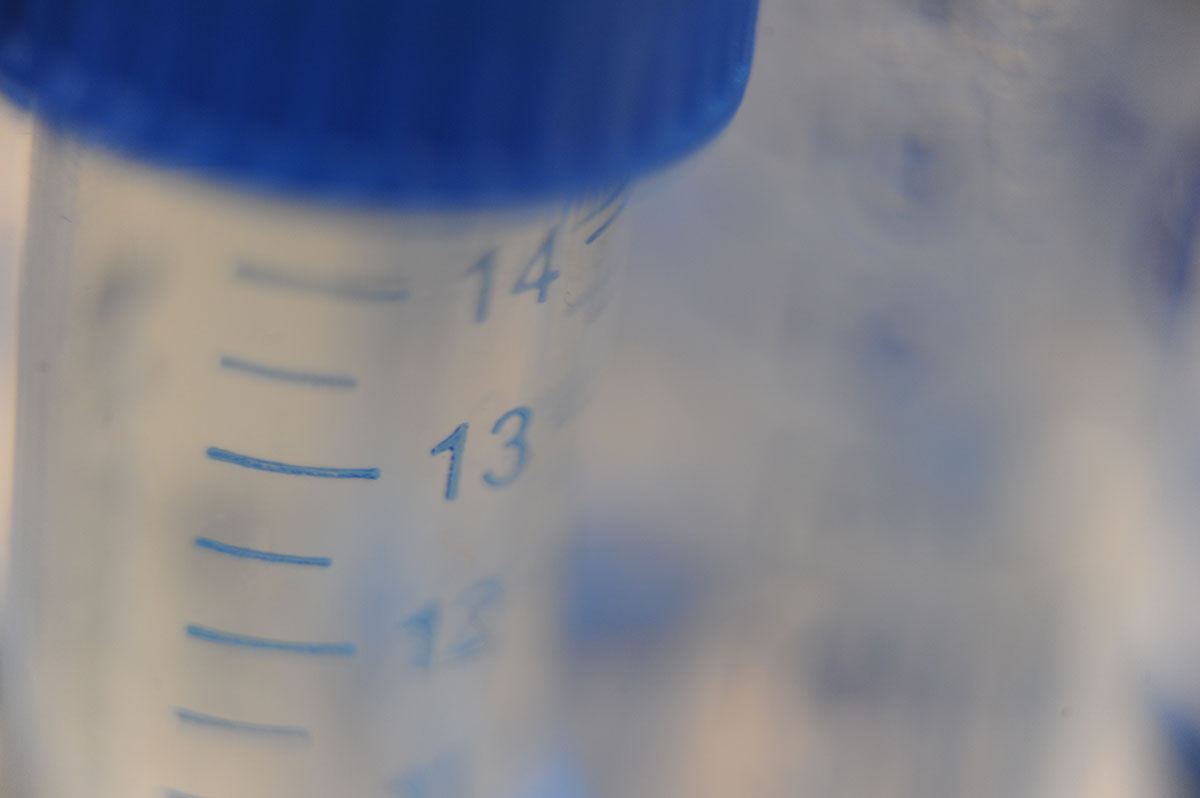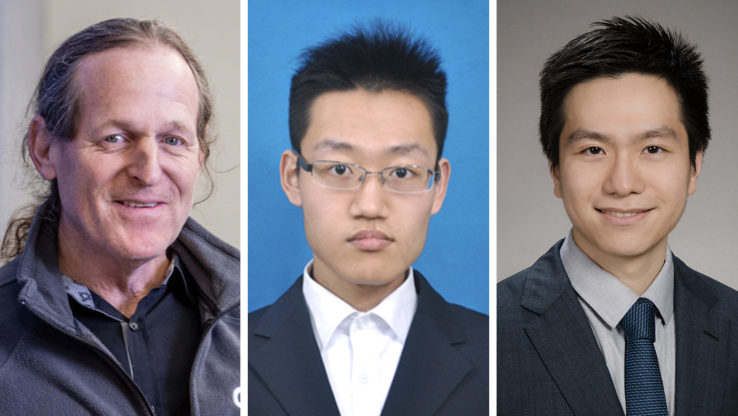This website uses cookies so that we can provide you with the best user experience possible. Cookie information is stored in your browser and performs functions such as recognising you when you return to our website and helping our team to understand which sections of the website you find most interesting and useful.

Understanding, Preventing and Treating Long-Term Effects of COVID: RECOVER Study Enrolling Patients from Pacific Northwest
As part of a massive nationwide effort, ISB is leading a multi-site consortium for the NIH RECOVER (Researching COVID to Enhance Recovery) Initiative. The Pacific Northwest consortium is made up of ISB, Providence, Swedish, and University of Washington School of Medicine.
Predicting ‘Long COVID’ At Initial Point of COVID-19 Diagnosis
Researchers have identified several factors that can be measured at the initial point of COVID-19 diagnosis that anticipate if a patient is likely to develop long COVID. They also found that mild cases of COVID-19, not just severe cases, are associated with long COVID. Their findings were published by the journal Cell.
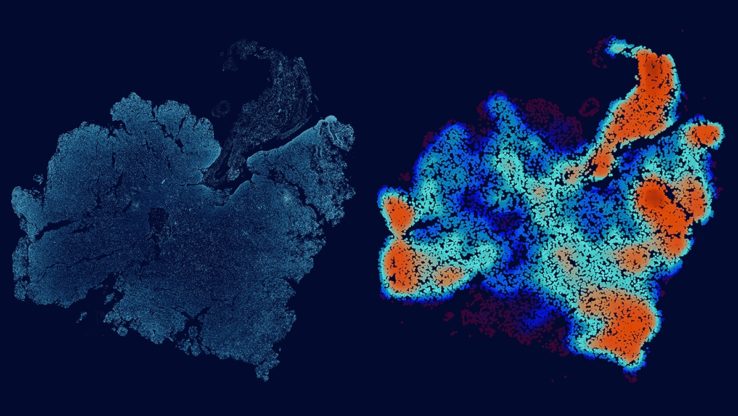
Looking at Tumors Through a New Lens
To improve the efficacy of neoadjuvant immune checkpoint blockade against glioblastoma, researchers are looking for vulnerabilities in surgically removed tissues – a difficulty due to the vast differences within the tumor and between patients. To address this, ISB researchers and their collaborators developed a new way to study tumors.

COVID-19 Outcome Disparities Across Racial/Ethnic Lines
ISB researchers and their collaborators looked at the electronic health records of nearly 630,000 patients who were tested for SARS-CoV-2, and found stark disparities in COVID-19 outcomes — odds of infection, hospitalization, and in-hospital mortality — between White and non-White minority racial and ethnic groups.

COVID-19 Immune Response Study Could Lead to More Effective Treatments
Findings from the ISB-Swedish COVID-19 Immune Response Study suggest that treatments aimed at arresting the infection at the stage of moderate severity may be most effective. The team studied 139 patients and found that mild COVID-19 is very distinct from the moderate or severe forms of disease, which appear surprisingly similar.
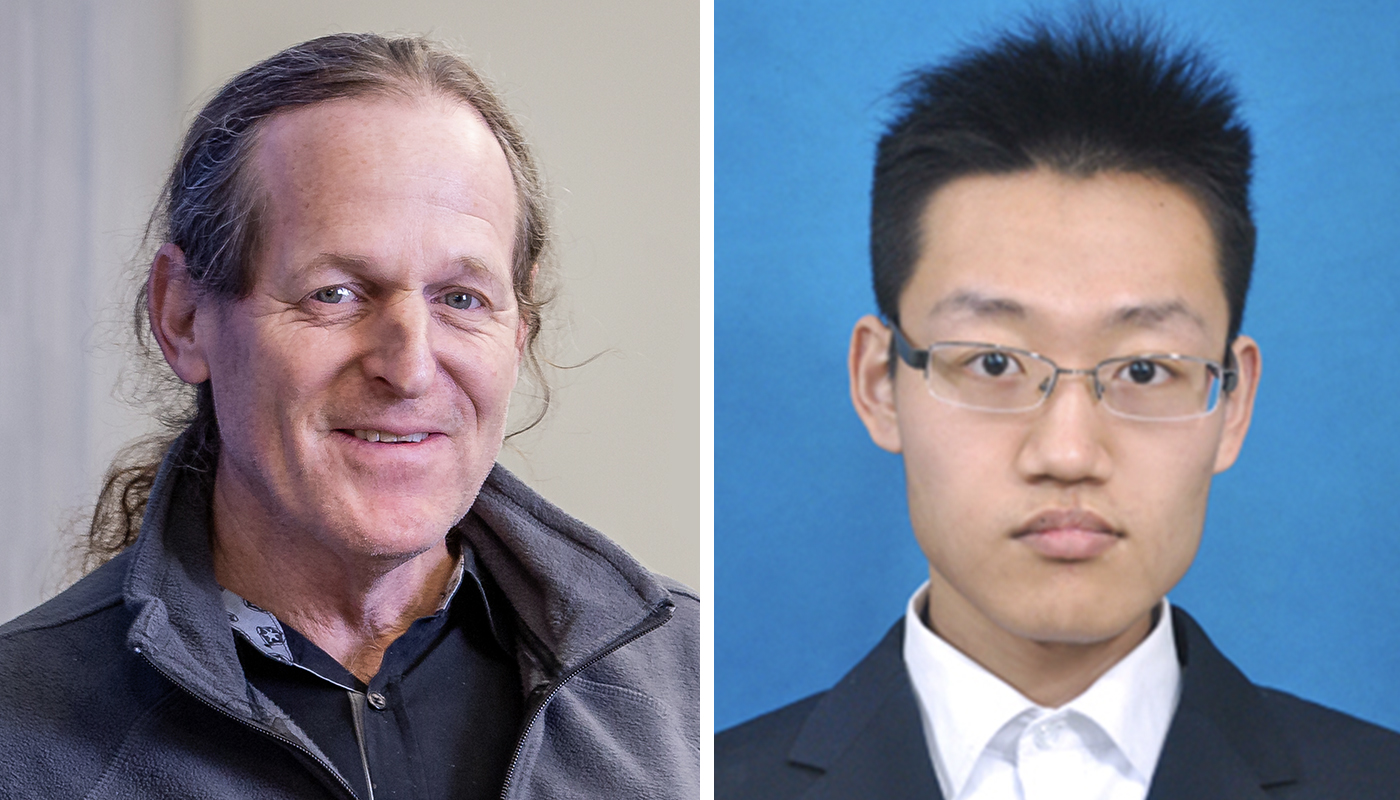
For Cancer Cells, There Is More Than One Path to Drug Resistance
In findings published in the journal Nature Communications, researchers show that cancer cells can take more than one path to reach a drug-resistant cell state. These findings could have promising implications for the future of cancer care.

Merck, ISB, Swedish Collaborate In Trial to Understand, Treat COVID-19
ISB and Swedish Medical Center launched a study to follow hundreds of patients who contract COVID-19 to learn why those infected have drastically different outcomes. “Each of the COVID-19 patients has a unique lesson to teach us about how the medical and scientific community can respond most effectively to this pandemic,” said ISB President Dr. Jim Heath, who co-leads the study.
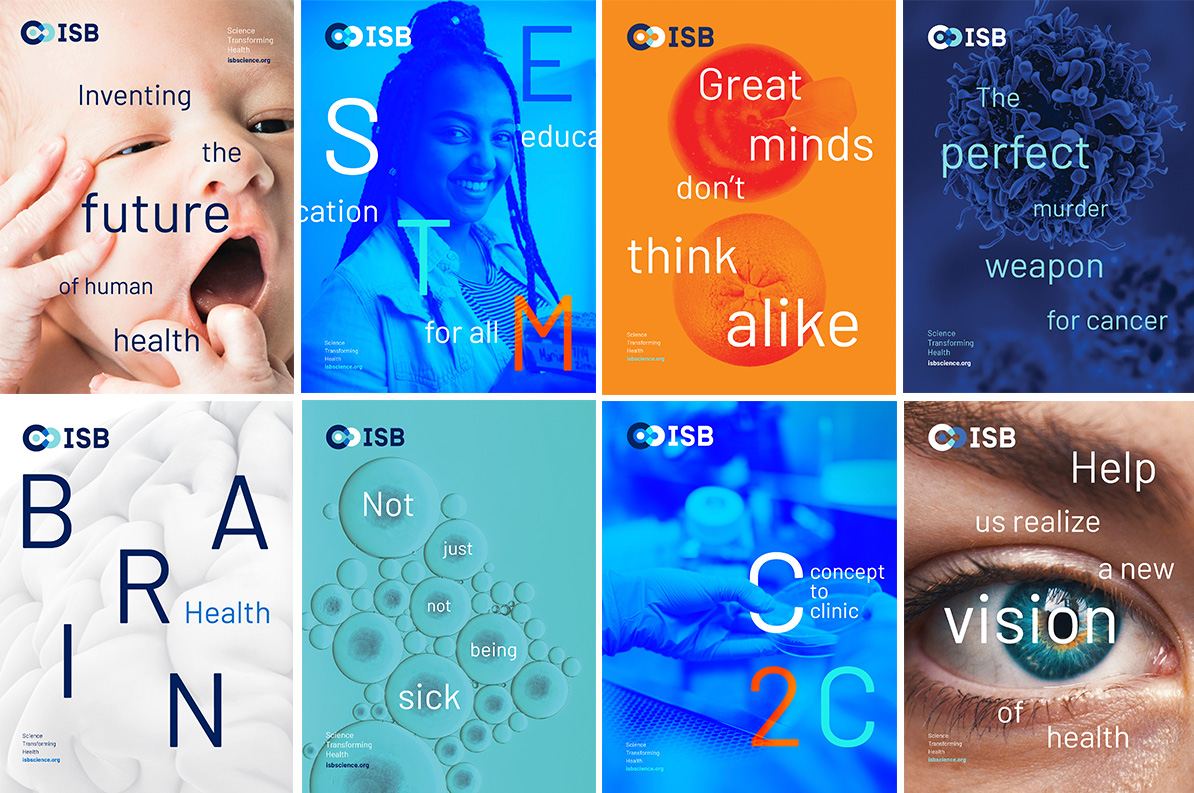
ISB Unveils New Brand Ahead of 20th Anniversary
We created a new brand identity — including logo and tag line — to reflect ISB’s evolution since our inception in 2000, and ahead of our 20th anniversary. ISB is proud to be a part of the vibrant research community in Seattle, and is committed to translational and collaborative science.
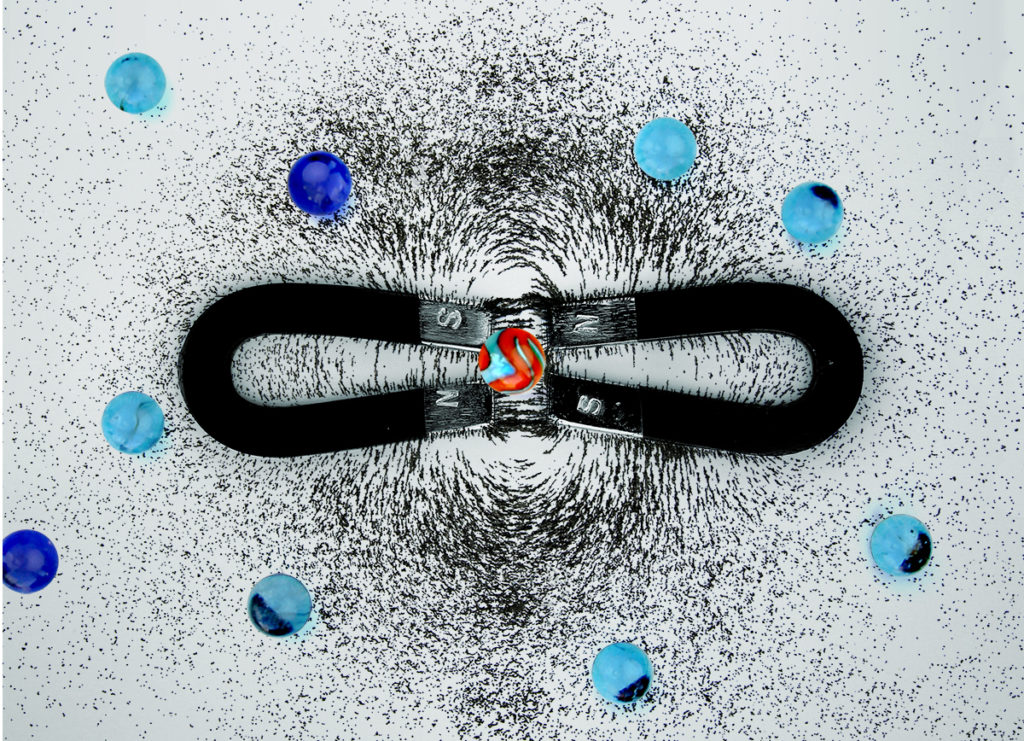
New Method to Detect, Analyze Rare T Cells Another Step Toward Personalized Cancer Vaccines
Members of ISB’s Heath Lab and their collaborators have developed a way to sensitively detect and analyze neoantigen-specific T-cell populations from tumors and blood. This promising development may have implications for creating targeted, individual-specific cancer vaccines.


